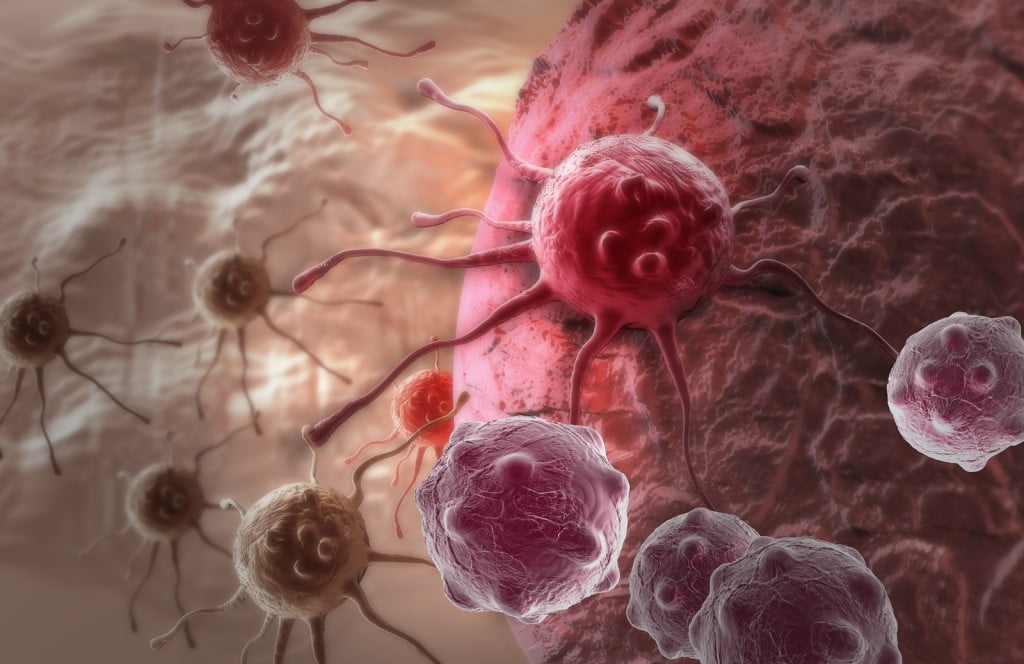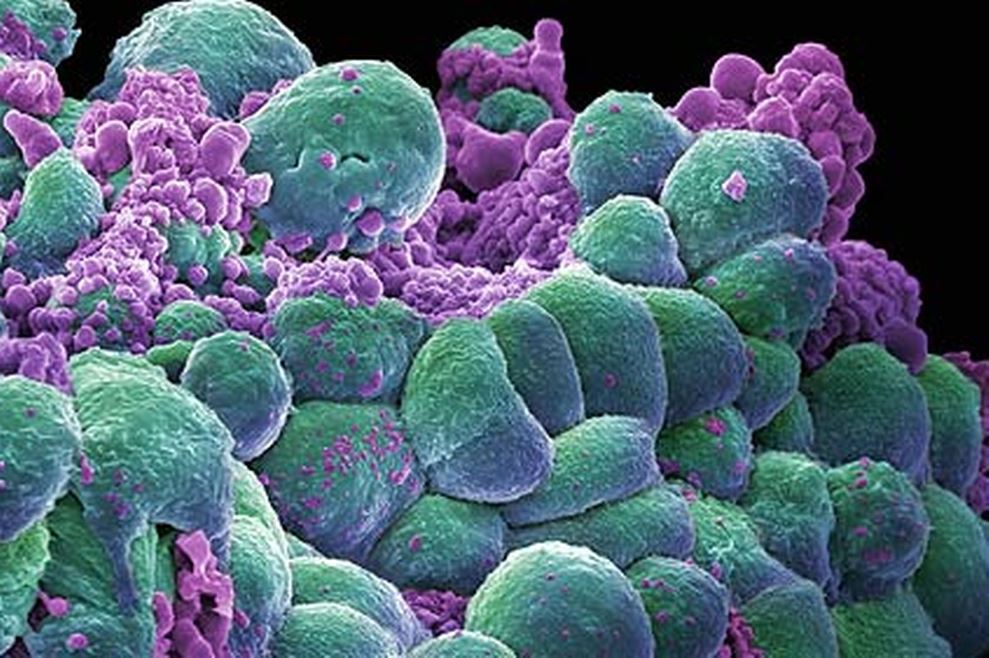An innovative technology developed in Israel may soon be able to predict the spread of cancer from one organ to another, potentially saving the lives of millions of people around the world.
The technology, developed at Israel’s Technion – Israel Institute of Technology, has been proven in preliminary laboratory trials, and is now entering into advanced testing using cells from patients undergoing surgery.
SEE ALSO: Cancer Vaccine Triggers Response In 90% Of Cancer Types
Assistant Professor Dr. Daphne Weihs has developed a unique biomechanical method for the early detection of metastatic cancer (a cancer that has already spread). At the metastatic stage, the original, primary tumor expands, invades and takes over more and more nearby tissue. A tumor that has become very aggressive “knows” how to send metastases to more distant tissues through the lymph and circulatory systems.
Metastases (secondary tumors) are usually more dangerous than the primary tumor because it is difficult to identify them at their inception. When they are detected at an advanced stage, treating them medically is more complicated and the medical prognosis is typically not good.
SEE ALSO: How Elephants’ Genes Are Fighting Cancer In Humans
According to the National Cancer Institute, 1.6 million new cases of cancer were diagnosed in the US over the past year; 590,000 people died from the disease last year.
“Most cancer-related deaths are caused by metastases rather than by the primary tumor, and therefore vast resources are invested in developing methods for early detection of metastases,” Weihs said in a statement.
Attempting to save more lives, the research team led by Weihs has been working on identifying the secondary tumors early on.
Sign up for our free weekly newsletter
Subscribe“During or immediately after a biopsy or surgery on a malignant tumor, our system will enable the medical team to quantitatively evaluate the likelihood of the presence or development of tumor metastases in other organs, and to propose which organ or organs are involved,” Weihs said in a statement. “Such knowledge will make it possible to act at a very early stage to identify and curb these metastases and, moreover, to prevent the primary tumor from metastasizing further.”
“A vital step toward a more effective treatment”
How will the team successfully predict the location of the secondary cancer? Following a series of studies, Weihs has developed a novel process of three-dimensional biomechanical imaging, using unique gel capsules that simulate the texture of healthy cells.
“With this system, we allow the cells being tested to ‘grip’ the designated gels that simulate the stiffness of healthy tissue,” she explains. “Monitoring the change in the shape of the cells, the internal arrangement inside them, and the forces that they exert on the gel, enables us to reveal the differences between metastatic cells and benign cells and to identify the cells’ process of adaptation to changing environments in the body. This is a vital step toward the prediction of metastases and their identification in the early stages that allow more effective treatment.”
She emphasizes that her prediction is “based on identifying the biomechanics of the primary tumor cells, and does not require us to know the specific genetic makeup of the tumor.”
The clinical trials are currently being carried out in collaboration with Rambam Health Care Campus in Haifa, Israel.
Photos: Courtesy of the Technion
Related posts

Israeli Medical Technologies That Could Change The World

Harnessing Our Own Bodies For Side Effect-Free Weight Loss

Missing Protein Could Unlock Treatment For Aggressive Lung Cancer



![Protein Attacks Cancer Cell via MTOR-FKBP12-RAPAMYCIN]/Flickr](http://nocamels.com/wp-content/uploads/2015/04/proteinattackscancercell.jpg)



Facebook comments